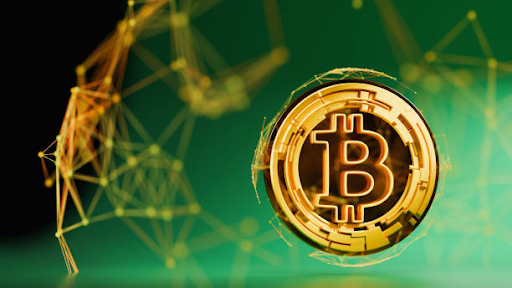

The gaming industry has witnessed tremendous growth and transformation over the past few decades, with in-game economies becoming a vital aspect of the gaming experience. Traditionally, these economies were controlled by the game developers, leading to limitations and inefficiencies. However, the advent of blockchain technology is revolutionizing in-game economies by providing transparency, security, and true ownership of digital assets. This article explores how blockchain is transforming in-game economies and what this means for gamers and developers alike.
Blockchain is a decentralized, distributed ledger technology that records transactions across multiple computers in a way that ensures the security and transparency of data. Each transaction is stored in a block, and these blocks are linked together in a chain, making it nearly impossible to alter or hack the data without consensus from the entire network.
In-game economies have evolved from simple systems where players earned points or currency to complex virtual markets with real-world value. Players can buy, sell, and trade virtual goods, such as weapons, skins, and avatars, often using real money. However, traditional in-game economies have faced several challenges, including:
Blockchain technology allows for true ownership of digital assets through the use of non-fungible tokens (NFTs). NFTs are unique digital assets stored on a blockchain, ensuring that each item is one-of-a-kind and cannot be replicated. When a player purchases an NFT in-game, they own it outright and can trade or sell it independently of the game developer.
Benefits of True Ownership:
Blockchain enables the creation of decentralized marketplaces where players can trade in-game assets without the need for intermediaries. These marketplaces operate on smart contracts, which are self-executing contracts with the terms directly written into code. This ensures fair and transparent transactions.
Advantages of Decentralized Marketplaces:
Several games and platforms are already leveraging blockchain technology to transform their in-game economies:
Axie Infinity is a blockchain-based game where players collect, breed, and battle fantasy creatures called Axies. Each Axie is represented as an NFT, giving players true ownership. The game features a robust in-game economy where players can earn cryptocurrency by participating in battles and breeding Axies.
Decentraland is a virtual world built on the Ethereum blockchain where players can buy, sell, and trade virtual land and other assets. The land parcels are NFTs, ensuring true ownership. Players can build and monetize their virtual properties, creating a thriving digital economy.
Cryptokitties was one of the first blockchain games to gain widespread attention. Players collect and breed virtual cats, each represented as a unique NFT. The game demonstrated the potential of blockchain in creating and managing digital assets.
The integration of blockchain technology in in-game economies has far-reaching implications for the gaming industry:
Blockchain shifts the balance of power from developers to players, giving them greater control and ownership of their in-game assets. This empowerment can lead to more engaged and loyal player communities.
Game developers can explore new revenue models by creating rare and valuable digital assets that players are willing to purchase and trade. Additionally, developers can earn transaction fees from decentralized marketplaces.
Blockchain enables the creation of cross-platform economies where players can use their assets across multiple slot online and platforms. This interoperability can lead to richer and more interconnected gaming experiences.
Blockchain can help create more sustainable in-game economies by ensuring transparency and fairness. Players can trust that the value of their assets is protected and that the economic rules are consistent and transparent.
Blockchain technology is set to transform in-game economies by providing true ownership of digital assets, creating decentralized marketplaces, and enhancing security. These advancements empower players, open up new revenue models for developers, and pave the way for cross-platform economies. As more games and platforms adopt blockchain technology, the gaming industry will continue to evolve, offering richer, more transparent, and more rewarding experiences for players worldwide.
Token airdrops have historically introduced investors to new blockchain projects. However, many distributions fail to…
Airdrops have traditionally been used to introduce new investors to blockchain projects, but their effectiveness…
The approval of Bitcoin ETFs was one of the most anticipated events in crypto history,…
The blockchain space continues to evolve, with projects pushing security, scalability, and user engagement to…
As the cryptocurrency market recovers from recent volatility, several projects emerge as strong contenders for…
The cryptocurrency market is showing strong bullish signals, with many altcoins poised for significant gains.…
This website uses cookies.